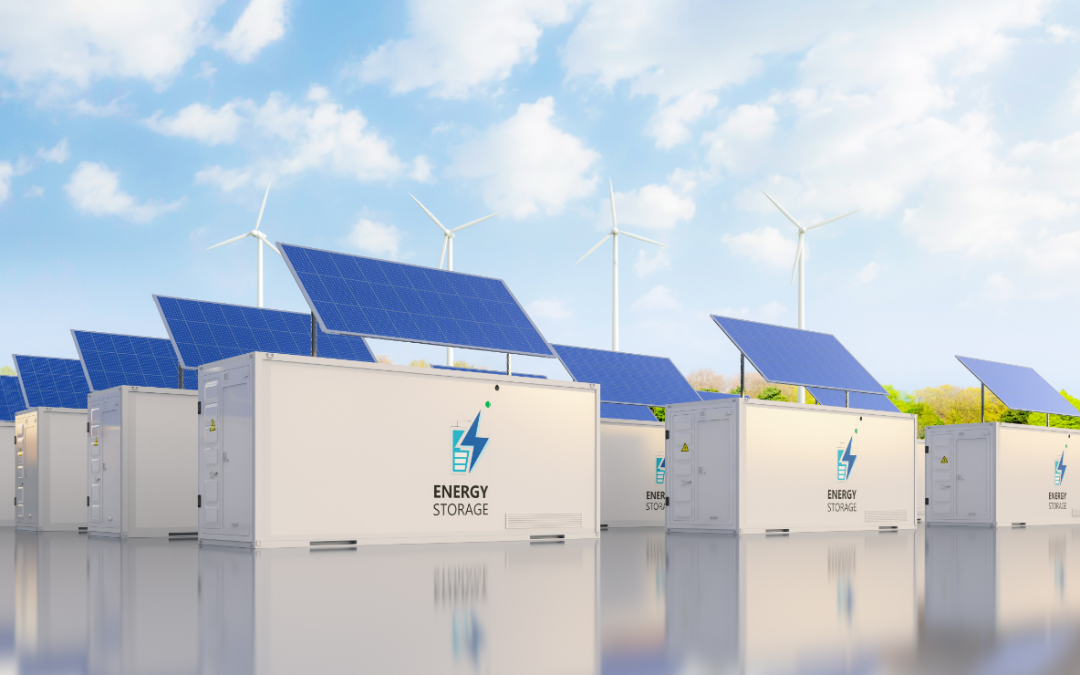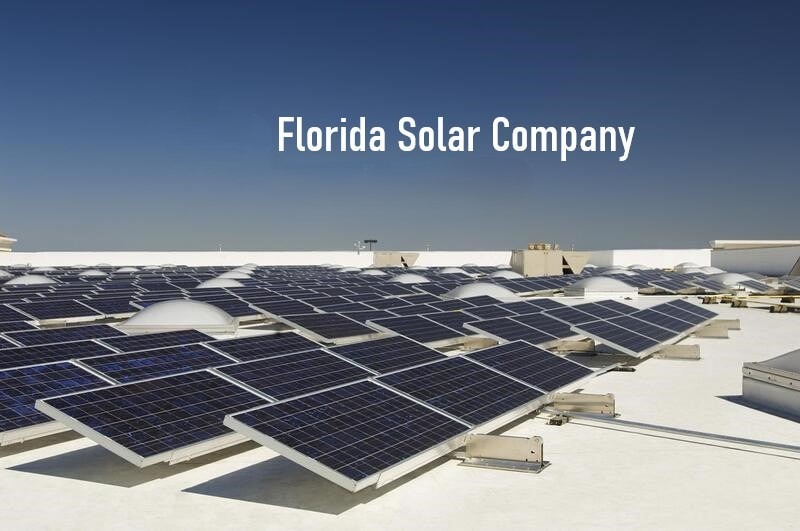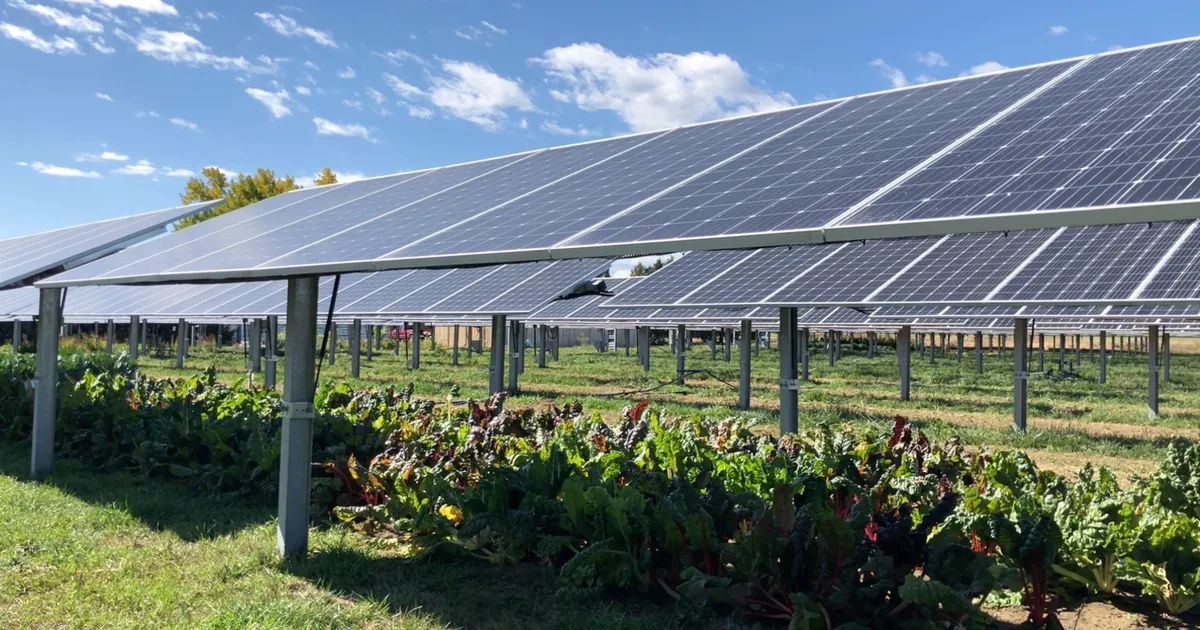As India accelerates its renewable energy journey, energy storage and solar batteries are becoming critical to ensure stability and reliability. With solar power generation peaking during the day and demand rising in the evening, storage solutions bridge the gap, making solar energy more dependable.
Solar batteries store excess electricity generated during the day and release it when needed. This not only ensures round-the-clock power supply but also reduces reliance on conventional grid electricity. For households and businesses, solar battery systems mean greater energy independence, lower bills, and backup power during outages.
India’s solar battery market is witnessing rapid growth, driven by government incentives, falling battery costs, and rising adoption of rooftop solar systems. Lithium-ion batteries, in particular, are gaining popularity for their high efficiency, longer lifespan, and compact design. Lead-acid batteries, though cheaper, are gradually being replaced with advanced technologies.
The market potential is enormous. According to industry estimates, India’s energy storage sector could grow to support over 200 GW of renewable energy by 2030. Large-scale battery storage projects are already being developed to integrate solar with the national grid, ensuring a smooth power supply and reducing transmission losses.
For rural areas, solar batteries are a game-changer, enabling reliable electricity for homes, schools, and small businesses. They also support electric vehicle charging infrastructure, further pushing India’s clean energy transition.
With rising demand for sustainable energy and supportive government policies, India’s solar battery market is set to shine brighter. Energy storage is not just an add-on but the backbone of the country’s renewable energy future.




